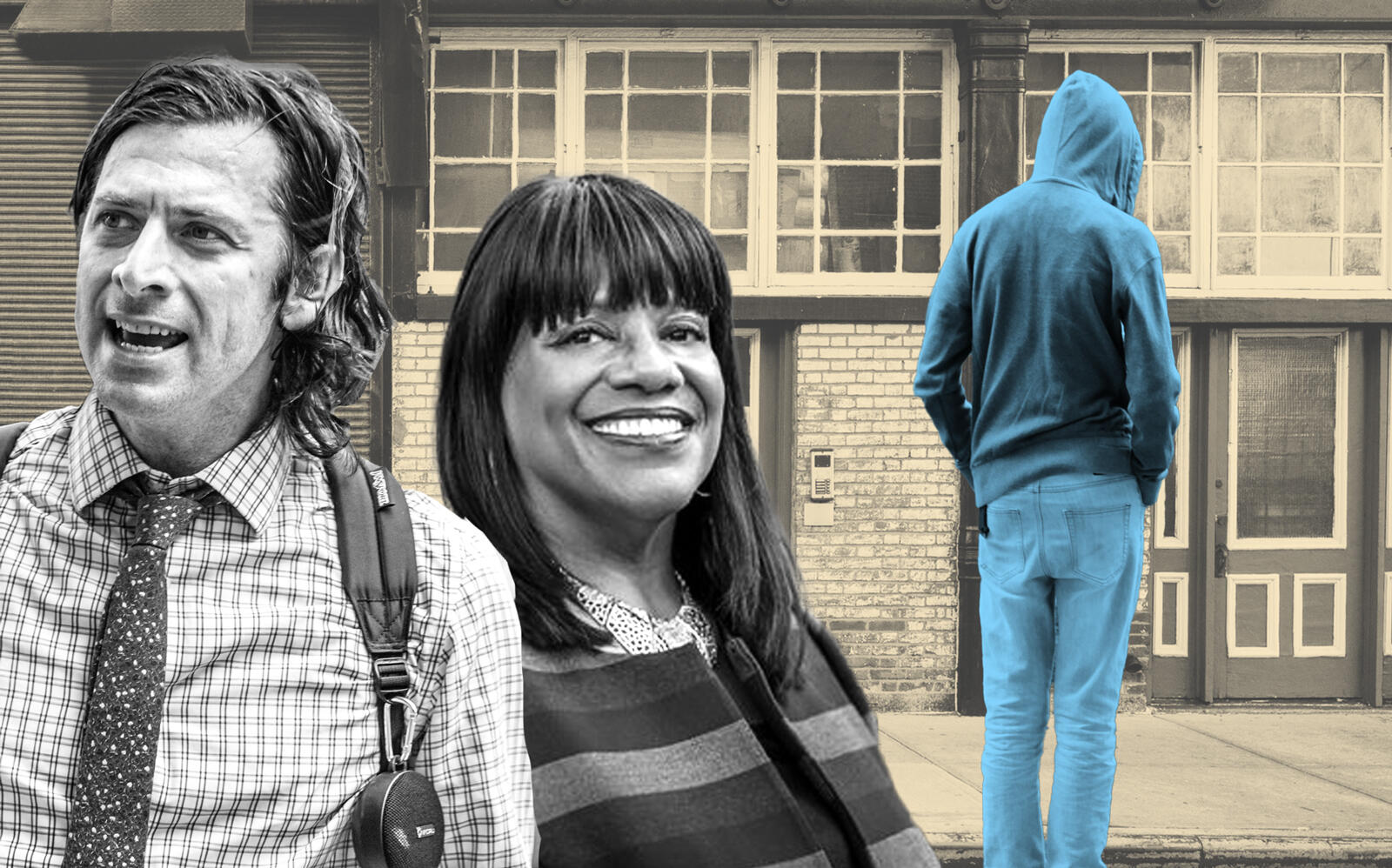 City to open Soho homeless shelter
City to open Soho homeless shelter
Trending
City Council bills grant young New Yorkers direct voucher access
Measures qualify time in shelters, foster care towards housing assistance eligibility

The City Council passed two bills that will expand young New Yorkers’ direct access to housing vouchers.
The measures passed Tuesday will qualify time spent in shelters or foster care to allow those eligible to bypass the requirement to go to adult facilities before they can apply for vouchers, The City reported.
One bill requires the city to count time spent in a youth homeless shelter towards rental assistance eligibility. The requirement will help the city’s youth homeless population avoid moving directly into adult shelters, which can be more dangerous for young people.
A similar bill requires the city to count time spent in foster care towards housing assistance eligibility, The City reported.
Both bills have the support of Mayor Bill de Blasio’s outgoing administration. He is expected to either sign the legislation or let them lapse into law.
Read more
 City to open Soho homeless shelter
City to open Soho homeless shelter
 All eyes on de Blasio after City Council approves housing voucher increase
All eyes on de Blasio after City Council approves housing voucher increase
The legislation fulfills a pledge the mayor made four years ago to end the practice of forcing youth into the adult shelter system before becoming eligible for housing assistance. The City reported earlier this year the mayor in 2019 quietly signed an agreement that propped up the current system.
Homeless youth are permitted to stay in shelters operated by the Department of Youth and Community Development until they turn 21. The City notes that many end up couch surfing or on the street after age out of eligibility and fear entering the adult shelter system.
Last year, only 1 percent of homeless youth who graduated from youth shelters moved directly into their own apartment, according to the DYCD.
“We’re one step closer to being treated as equals in the system, not looked down upon or as less than, and more so to hopefully a stable life, a stable future, a better life than what we’ve experienced,” said Liz Sutter, who was formerly homeless as a youth.
[The City] — Holden Walter-Warner




